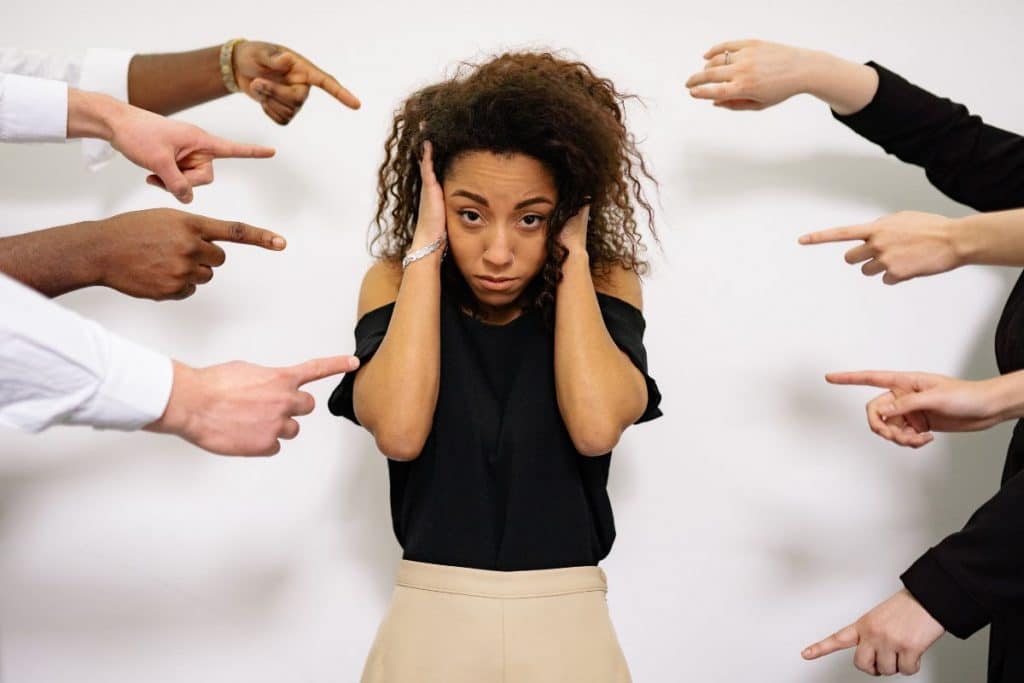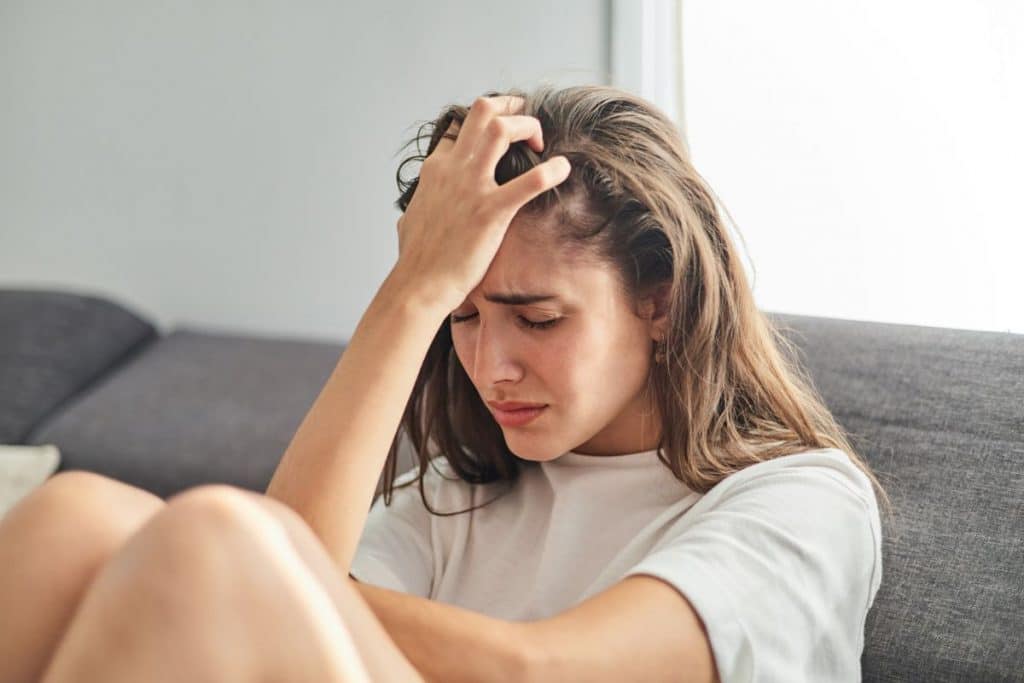Anxiety can be a normal part of life: whether it’s worrying about how you performed on a test or stressing out over work, most people experience some degree of anxiety in their everyday lives. But when does that worry and stress become too much? How do you know when it’s time to get help?
In today’s post, we explore the signs that indicate you might need anxiety treatment and what steps you can take to get the help you need. From talking to your doctor to exploring different types of therapy, read on to learn more about what’s available and how to make sure you’re getting the best care for your individual needs.
The Different Types Of Anxiety Disorders
Anxiety disorders come in many different forms and affect people in different ways. Some common types of anxiety disorders include:
Generalized anxiety disorder (GAD): This is characterized by persistent and excessive worry about a variety of things, such as your health, work, or finances. People with GAD often feel like they can’t control their worry, and it interferes with their daily life.
Panic disorder: This is characterized by recurrent panic attacks, which are sudden periods of intense fear or discomfort that can include heart palpitations, shortness of breath, and dizziness. Panic attacks can occur unexpectedly or be triggered by specific situations.
Agoraphobia: This is an intense fear of being in situations where escape might be difficult or help might not be available if you have a panic attack. People with agoraphobia often avoid public places or confine themselves to a safe haven, such as their home.
Social anxiety disorder (SAD): This is extreme self-consciousness and fear of being judged or rejected in social situations. It can lead to avoidance of social interactions and difficulty functioning in work or school.
Specific phobias: These are irrational fears of specific objects or situations, such as heights, flying, snakes, or dental procedures. People with specific phobias often go to great lengths to avoid the thing they’re afraid of.
Symptoms Of Anxiety Disorders

There are a variety of symptoms that can be associated with anxiety disorders. Some people may experience only a few symptoms, while others may experience many. The most common symptoms include:
- Persistent and excessive worry or fear
- Avoidance of situations or activities that trigger anxiety
- Restlessness or feeling on edge
- Difficulty concentrating or mind going blank
- Irritability
- Muscle tension
- Sleep problems (difficulty falling asleep or staying asleep, waking up frequently during the night)
Anxiety disorders are the most common mental health disorders in the United States, affecting 40 million adults. That’s 18% of the population. Anxiety disorders are highly treatable, yet only 36.9% of those suffering receive treatment.
There are also some some common signs that may point to an anxiety disorder, such as:
- Feeling anxious most days for no apparent reason
- Avoiding activities or situations due to fear or anxiety
- Experiencing physical symptoms like sweating, racing heart, or difficulty breathing
- Having difficulty concentrating or sleeping due to anxiety
If you are experiencing any of these symptoms on a regular basis, it is important to talk to your doctor or a mental health professional. They can help you identify whether you have an anxiety disorder and develop a treatment plan.
Causes And Treatment Of Anxiety Disorders
Anxiety disorders can have many different causes. Some people may have a family history of anxiety or other mental health disorders. Others may have experienced a traumatic event in their lives that has led to anxiety. Still, others may have an underlying medical condition that is causing their anxiety.
Whatever the cause, if you are suffering from anxiety, it is important to seek out treatment. Anxiety can be debilitating and make it difficult to live a normal life. But with treatment, you can learn to manage your anxiety and live a full and happy life.
There are a variety of different treatment options available for anxiety disorders, and the best approach depends on the specific disorder diagnosed as well as the severity of symptoms. In most cases, a combination of medication and psychotherapy is most effective.
Medication can help to control the symptoms of anxiety so that individuals can more effectively participate in therapy. Psychotherapy can provide tools and techniques for managing anxiety and can help to address any underlying issues that may be contributing to the problem.
If your anxiety is unmanageable, a partial hospitalization program or inpatient treatment could be right for you. This involves a near complete break from your life, so you can get healthy and back on track.
In a PHP treatment program, a patient will spend about 6 hours a day in treatment, five days a week. It is one step down in level of care from inpatient treatment, and can do wonders for people with an anxiety disorder.
Get Treatment Today For Anxiety Disorders
Anxiety can be a serious issue that requires professional treatment. If your feelings of worry and fear become overwhelming or interfere with your ability to function normally in everyday life, it’s important to reach out for help.
We can be that help. Call us at (954) 302-4269 and we can discuss your options and quickly get you into an appropriate treatment. With the right kind of support and guidance, you can learn healthy coping strategies and move forward in life with greater confidence.

